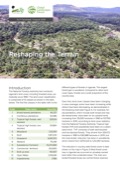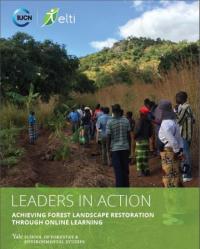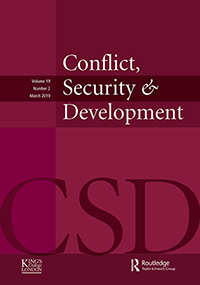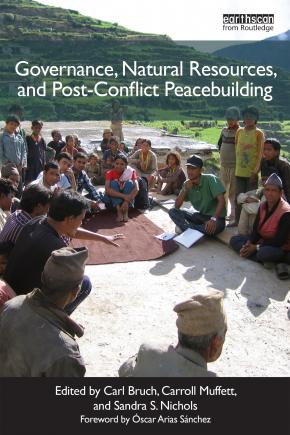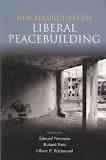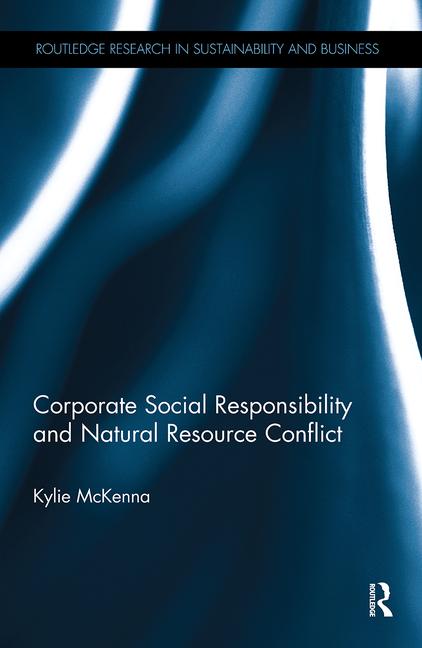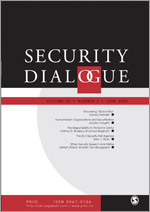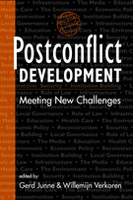Reshaping the terrain: Forest landscape restoration in Uganda
The National Forestry Authority has monitored Ugandas land cover, including forested areas, periodically since 1990. The land cover classification is comprised of 13 classes as shown in the table below. The first five classes in the table refer to the different types of forests in Uganda. The largest forest type is woodland. Compared to other landcover types, forests are a small proportion of the country area.

